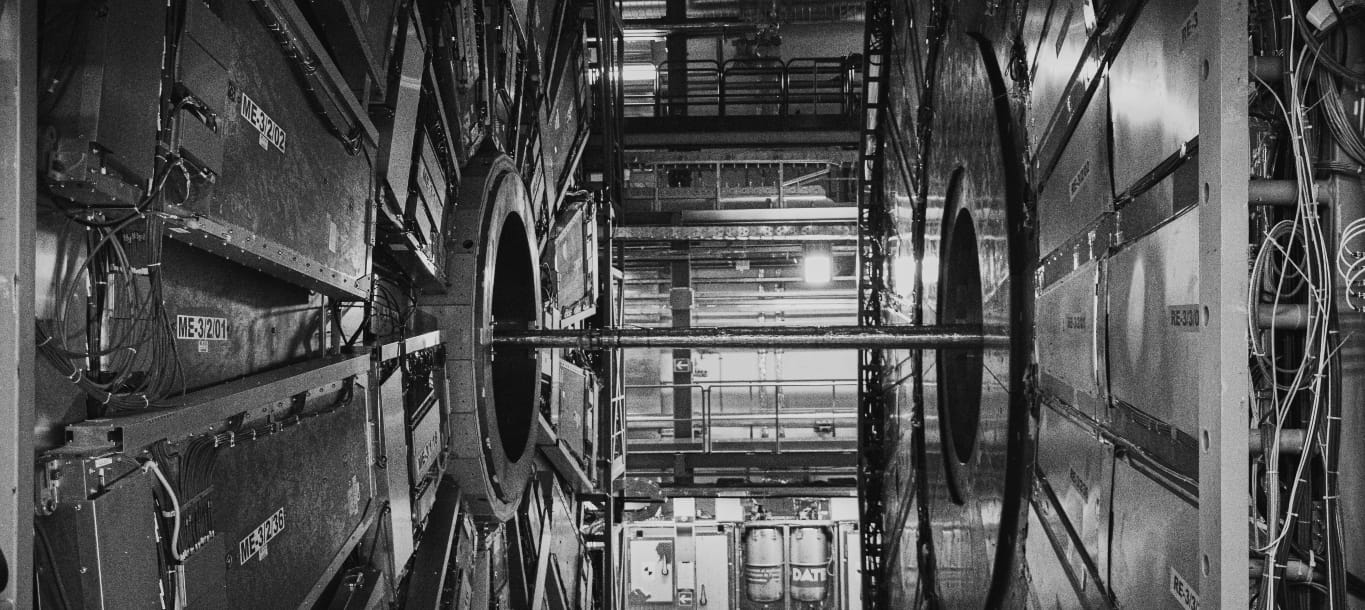What do experimental physicists do?
Experimental physicists conduct research to test scientific theories. This is in contrast to the work of a theoretical physicist, who is responsible for coming up with different theories. Typical responsibilities of an experimental physicist include: designing experiments based on physics theories, trying out different pieces of equipment to test your hypothesis, analysing data and writing up findings, and applying these findings to real-world problems.
Who employs experimental physicists?
As an experimental physicist, you’ll specialise in an area of physics that interests you. This flexibility means there are employment opportunities in different sectors. For example, while many experimental physicists work at universities, industries like healthcare, manufacturing and technology seek experimental physicists in their research and development teams.
How can I become an experimental physicist?
To become an experimental physicist, you’ll typically need to attend university. You’ll start off with an undergraduate degree in physics or a related field, and will eventually complete a PhD to develop your research skills. You might be surprised that you’ll need to study both theoretical and experimental physics. This will help you to understand how the theories you’re working with were developed.
What skills do I need to be a successful experimental physicist?
While excellent research skills are a must, you’ll also need strong teamwork skills. You’ll work with a number of people throughout the process of an experiment, and will need to communicate effectively with them, and ensure everyone’s opinions are heard. Good problem solving skills are crucial, as you may find there’s a flaw in your experiment’s design which you’ll need to fix. Finally, analytical skills are key to critically analyse the results of your experiments and come up with real world applications.
Who are some notable experimental physicists?
Famous experimental physicists include: Alessandro Volta, who invented the electric battery (the volt unit is named after him); Marie Curie, who was the first woman to win a Nobel Prize for her research on radioactivity (she eventually died from exposure to radioactive material) and, and Ukichiro Nakaya, who studied glaciers and low-temperature science, and made the first artificial snowflakes.
